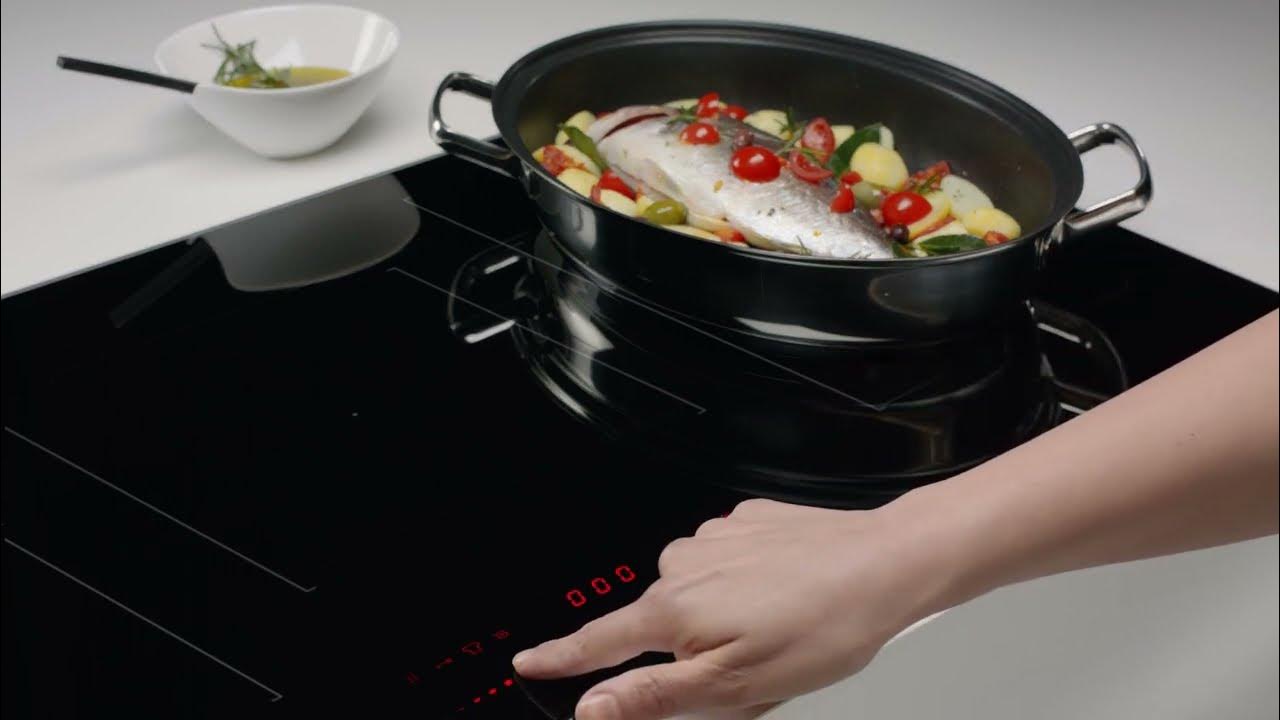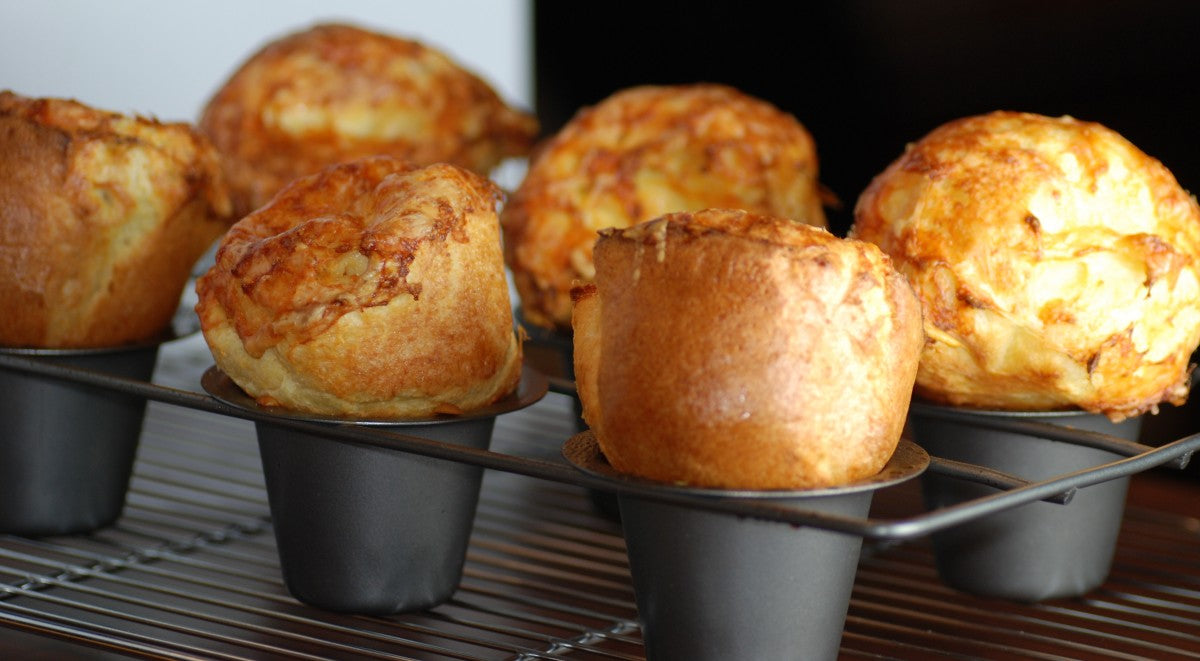As a kitchen professional, you might have asked yourself, can I use cast iron on an induction range? The short answer is yes, but there are nuances to consider. This question often arises when chefs are upgrading their kitchen equipment or exploring new cooking technologies. Understanding how cast iron performs on an induction range is vital for achieving the best culinary results.
Induction cooking is a popular choice in modern kitchens due to its efficiency and precision. It uses electromagnetic fields to directly heat cookware, making it faster and more energy-efficient than traditional gas or electric ranges. However, induction ranges require cookware with ferrous metal content, which is crucial for creating the electromagnetic reaction necessary for heating. This brings us to the question of compatibility with cast iron.

Why Use Cast Iron on Induction Ranges?
Cast iron is prized in professional kitchens for its superior heat retention and even cooking. When used on an induction range, these advantages are enhanced. The heavy, dense nature of cast iron makes it ideal for retaining heat evenly, which is beneficial for searing meats, simmering sauces, and even baking. Its compatibility with induction ranges brings these benefits to a more efficient cooking surface.
Moreover, many chefs appreciate the durability and versatility of cast iron. It can move from stovetop to oven with ease, and its non-stick properties improve with use and seasoning. This makes it a favorite among professionals who value both utility and performance in their cookware.
Considerations for Using Cast Iron on Induction
While cast iron works well on induction ranges, there are several considerations to keep in mind. First, ensure that the bottom of the cast iron pan is flat. A flat surface allows for optimal contact with the induction cooktop, ensuring efficient and even heat distribution. Warped or uneven surfaces can cause inefficient heating and potential damage to the cooktop.
Another factor to consider is the weight of cast iron cookware. Induction cooktops often have glass surfaces, and while they are generally durable, its important to handle heavy cast iron pans with care to avoid scratches or cracks.
Maintenance Tips for Cast Iron on Induction
Maintaining cast iron cookware is crucial for long-term performance, especially when used on induction ranges. Regular seasoning helps maintain the non-stick surface and prevents rusting. After each use, wash the cookware with warm water and a brush, and thoroughly dry it to prevent moisture buildup.
If you're new to using cast iron on induction, you might wonder, do I need to re-season cast iron after induction? The answer largely depends on the frequency of use and the type of food cooked. Acidic foods, for instance, can strip seasoning over time, so regular maintenance is essential.
Benefits of Induction Cooking with Cast Iron
Induction cooking with cast iron offers numerous benefits that appeal to professional chefs. The immediate response to temperature adjustments is one of the most significant advantages, allowing chefs to have precise control over their cooking. This is particularly useful in a fast-paced kitchen environment where timing is crucial.
Furthermore, induction ranges are energy-efficient, reducing both cooking times and energy costs. This efficiency, combined with the robustness of cast iron, makes for a formidable combination in the kitchen. For more insights on how cast iron and induction complement each other, check out this detailed guide.
Exploring Other Cookware Options
While cast iron is a fantastic choice for induction cooking, its not the only option. Chefs might also consider using enameled cast iron or other induction-compatible materials like stainless steel. Each type of cookware has its own set of benefits, and understanding these can help in making informed decisions for your kitchen.
Conclusion
In conclusion, the answer to can I use cast iron on an induction range is a resounding yes, but with certain considerations. The synergy between cast irons heat retention and inductions efficiency makes for an outstanding cooking experience. By understanding the requirements and best practices, kitchen professionals can optimize their tools and techniques for superior culinary creations.
For further reading on the best types of cookware for induction ranges, visit this comprehensive resource.

FAQs
1. Do I need special cast iron for induction cooktops?
No, regular cast iron works with induction cooktops as long as it has a flat bottom for efficient contact and heat transfer.
2. Will cast iron scratch my induction cooktop?
While cast iron can potentially scratch the glass surface of an induction cooktop, using caution and handling cookware carefully can minimize the risk. Consider using a protective pad if necessary.
3. How can I tell if my cookware is induction compatible?
To check if your cookware is induction compatible, look for a magnet to stick to the bottom. If it does, the cookware will work with induction cooktops.





Leave a comment
This site is protected by hCaptcha and the hCaptcha Privacy Policy and Terms of Service apply.